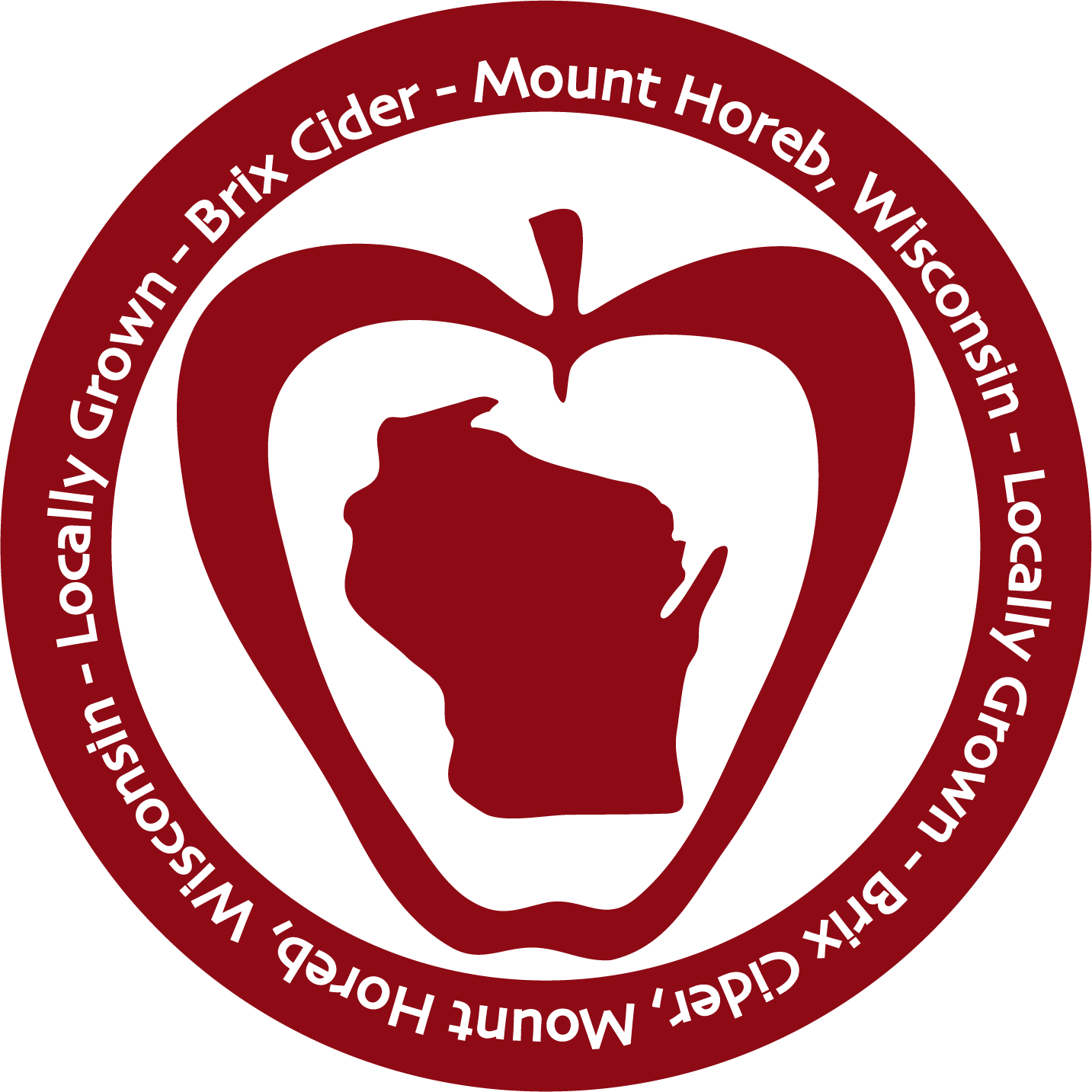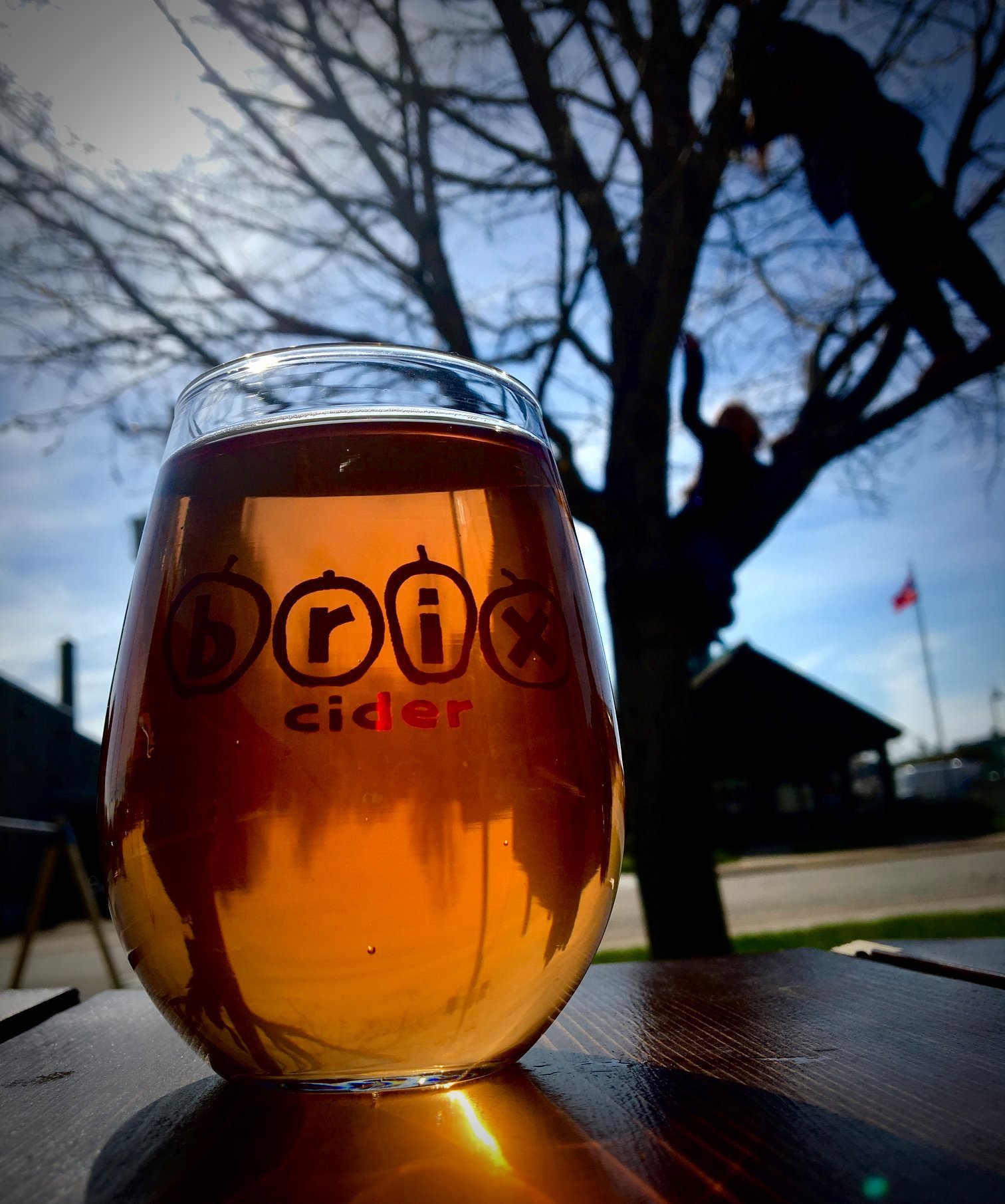Uncommon Crop Cider - Black Cherry
About
Black cherries (Prunus serotina) are a common tree found scattered around forests in Southwest Wisconsin. They can grow to around 50-80 feet. The fruit are small and round, with a deep, dark, red cherry color. They have a small pit that should not be consumed in any significant quantities. The fruit flavor can vary somewhat from tree to tree, but in general they have a rich dark cherry flavor, some acidity, and some fairly strong tannins giving it a bitter finish.
Harvesting the Fruit
A challenge to black cherries is that they are a small fruit that can be exceedingly high off the ground in trees that are often too big to shake. No wonder most people leave them to the birds. Harvesting black cherries requires knowing where some trees are that have lower branches (often along forest edges where they are not competing for canopy light) and/or harvesting from younger trees where the fruit are in reach. If the tree is small enough, it could potentially be shaken with a tarp underneath to catch the fruit and expedite the harvest. The fruit are otherwise small, making the harvest rather slow and tedious. We harvested just 20 lbs for a 50 gallon batch of cider.
Making the Cider
We froze the black cherries, and after thawing, we lightly squished them by hand extracting some juice. We put the juice in the cider, and also added the whole fruit inside a fine meshed nylon bag during fermentation. We left them in the cider for two weeks, and then removed the nylon bags, letting the cider finish dry.
Above: Black Cherry Cider
Tasting the Cider
The Black Cherry Cider had a lovely color - a light amber or salmon color with hints of gold, pink, and orange. There was something distinctively cherry-like about, without being the artificial tasting, cough syrup-like cherry flavor that can be off putting. It added a subtle richness to the cider. The tannins from the black cherries also came through clearly, with a lingering bitterness and astringency. Had we used more black cherry than the 20 lbs we had harvested, the bitterness might have been overpowering, but as it was, it was pleasant, giving the cider some depth and complexity. In the consumer tasting survey it scored a 7.85 out of 10, making it the third highest scoring of all of the ciders.
Conclusions
We really loved the color and flavor that the black cherries provided, and a little bit of cherries went a long way. The downside of black cherry is the challenge of harvesting them in an efficient way. An adept forager with a few good picking spots could probably find the cherries needed for a larger batch, but commercial potential beyond that might be rather limited without more efficient picking methods. We hope to experiment with them more in the future!

